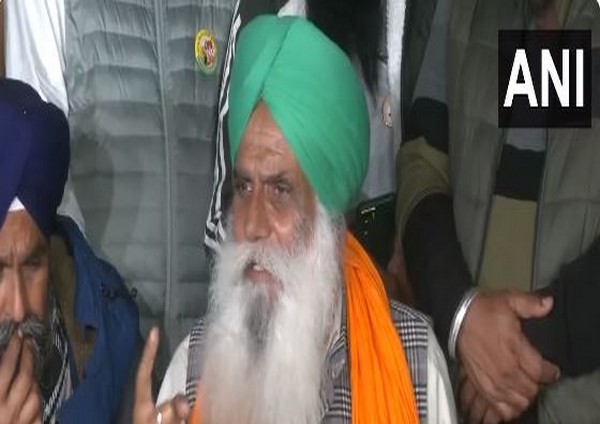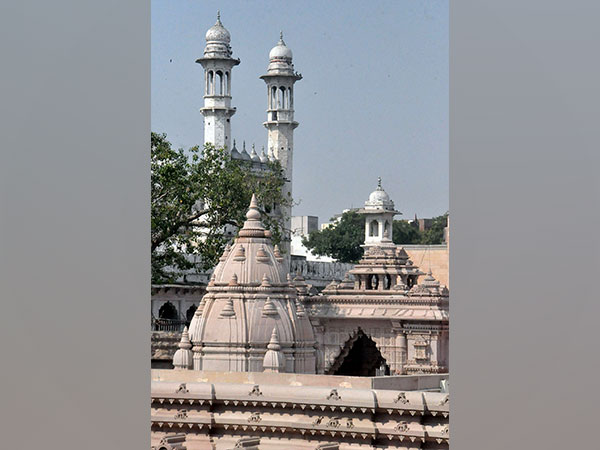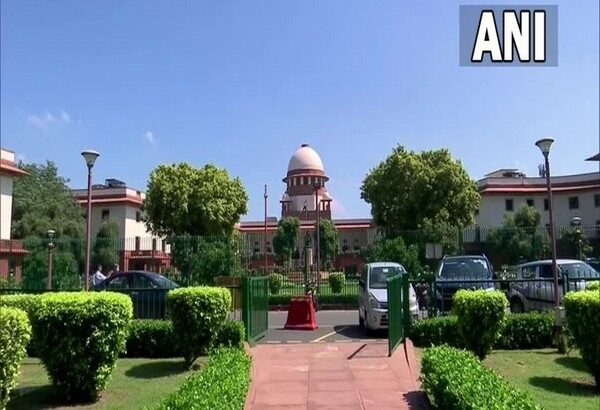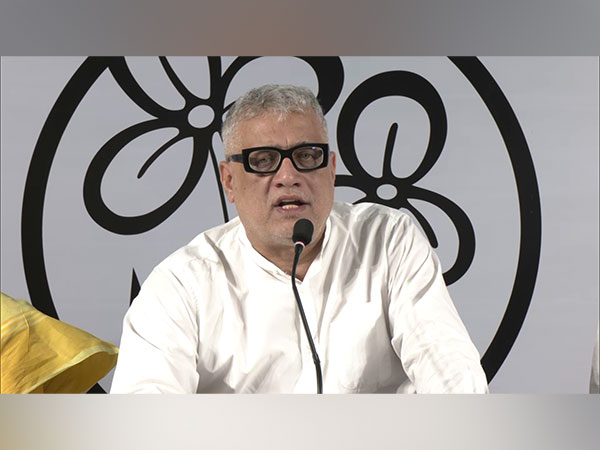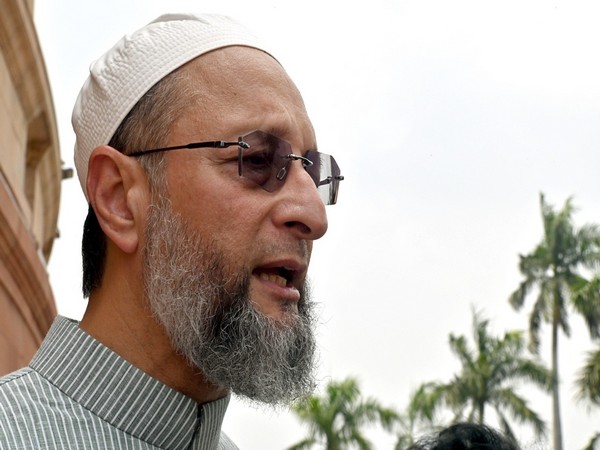Jagjit Singh Dallewal, the convener of the Samyukta Kisan Morcha (Non-Political) said that the protesting farmers will not meet the Committee formed by the Supreme Court.
The farmers were to hold a meeting with the committee on Wednesday but refused to meet citing several reasons including holding talks with the central government being one of them.
In his letter addressed to retired Punjab and Haryana High Court Judge Justice Nawab Singh (Committee head), Dallewal said, “As you may already be aware, I have been on a hunger strike at the Khanauri border since November 26. Today marks the 22nd day of my strike, and I trust you are apprised of my medical condition. My hunger strike was announced on November 4 by the Samyukta Kisan Morcha (non-political) and the Kisan Mazdoor Morcha, which was 43 days ago. Since then, 22 days have passed since the strike began.”
He highlighted that farmers attempting to march on foot to Delhi from the Shambhu border faced police brutality, allegedly resulting in injuries to over 40 farmers.
“Committee was formed by the Supreme Court to rebuild trust between the farmers and the government, yet you have made no concrete efforts in this direction nor engaged in any serious discussions with the central government to fulfil our legitimate demands,” Dallewal said.
He also asserted that both of the organizations were already sceptical that such committees are formed merely as a formality.
“Nonetheless, respecting you and your committee, our delegation met with you on November 4. However, despite the gravity of the situation, your committee has not found the time to visit the Khanauri and Shambhu borders. It deeply saddens me to see that you have acted only after such a significant delay,” he said.
“Was this committee waiting for my demise? We did not expect such insensitivity from esteemed members of your committee. Considering my medical condition and the plight of the injured farmers at the Shambhu border, both of our organizations have decided that we are unable to attend the meeting with you. Henceforth, any discussions regarding our demands will only take place directly with the central government,” Dallewal added.
In September, the apex court constituted a committee headed by Justice Nawab Singh (Retd) to look into the demands and grievances of farmers agitating at the Shambhu border.
On Tuesday, the Parliamentary Standing Committee on Agriculture, Animal Husbandry, and Food Processing presented its First Report (Eighteenth Lok Sabha) on the ‘Demands for Grants (2024-25)’ for the Ministry of Agriculture and Farmers Welfare to the Lok Sabha.
The report was submitted by former Punjab Chief Minister and incumbent MP from Jalandhar, Charanjit Singh Channi, who also serves as the chairperson of the Standing Committee on Agriculture, Animal Husbandry, and Food Processing.
A notable recommendation of the report is to provide a Minimum Support Price (MSP) to Farmers as a Legal Guarantee.
The Committee observed that the implementation of MSP remains central to discussions on agricultural reforms and farmers’ welfare in India. It emphasised that a legally binding MSP could reduce farmer suicides by ensuring financial stability, mitigating market volatility, and alleviating debt burdens.
Another key recommendation is the Introduction of a scheme to waive off farmers’ and farm labourers’ debt.
The ongoing farmers’ protests entered their 311th day on Tuesday.
“There is pressure from 140 crore Indians, 3 crore Punjabis, and 2.5 crore Haryanvis on the Modi government. We have 12 demands,” Pandher stated. “The singers of Punjab have turned this into a people’s movement,” farmer leader Sarwan Singh Pandher said earlier.
Appealing for public support, he said, “Support farmers’ protests as much as possible. Punjabis need to fight as one.”
Congress MP Manickam Tagore, on Tuesday, moved an adjournment motion in the Lok Sabha to discuss Jagjit Singh Dallewal’s hunger strike.
“Dallewal, the president of the Bharatiya Kisan Union (Ekta Sidhupur), is in critical condition, with medical experts advising immediate hospitalisation due to his deteriorating health. Despite this, he has refused medical intervention, insisting on continuing his hunger strike for the farmers’ cause,” Tagore noted.
He urged the central government to take immediate action and engage in a meaningful dialogue with farmers’ representatives. (ANI)
